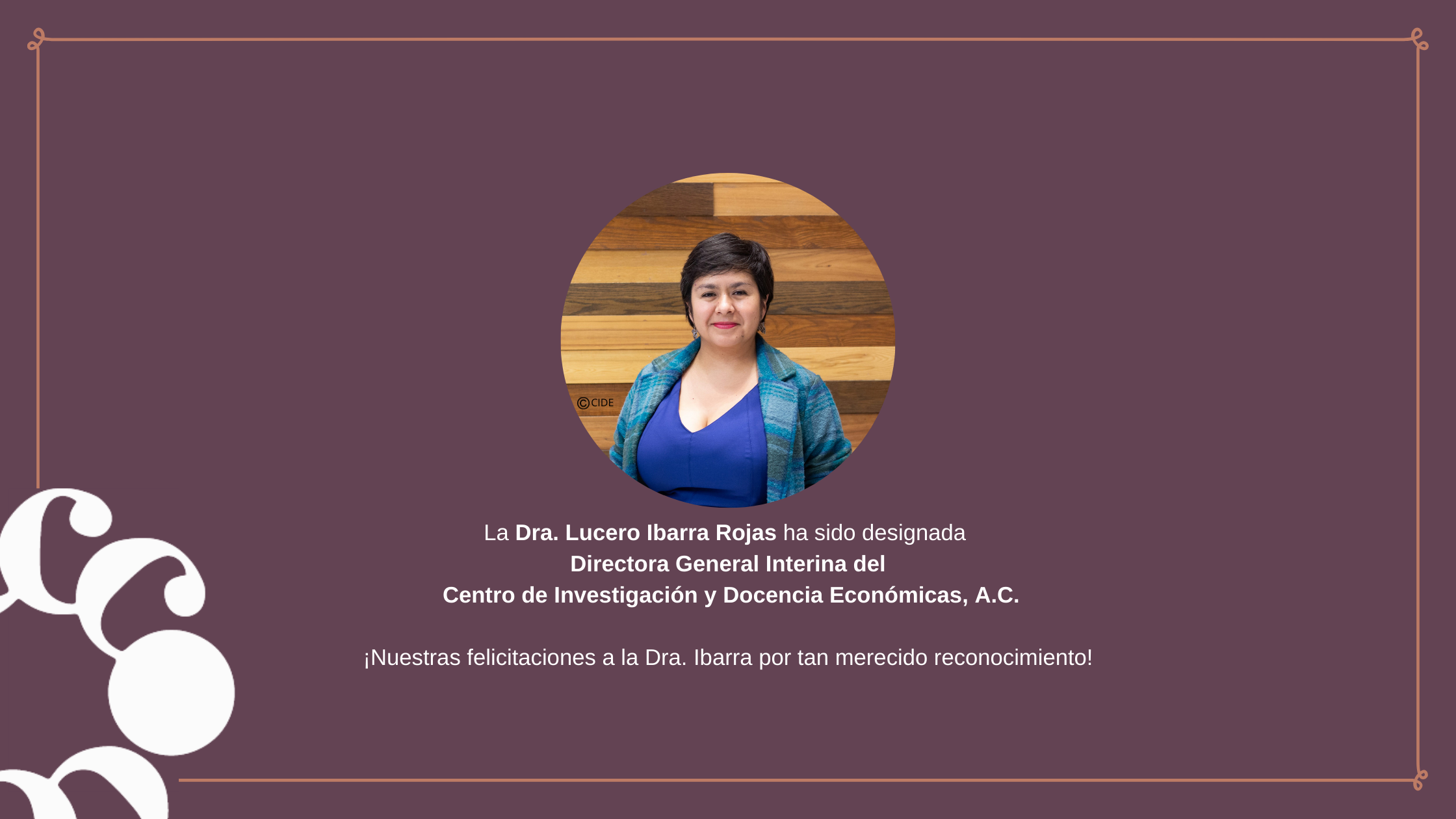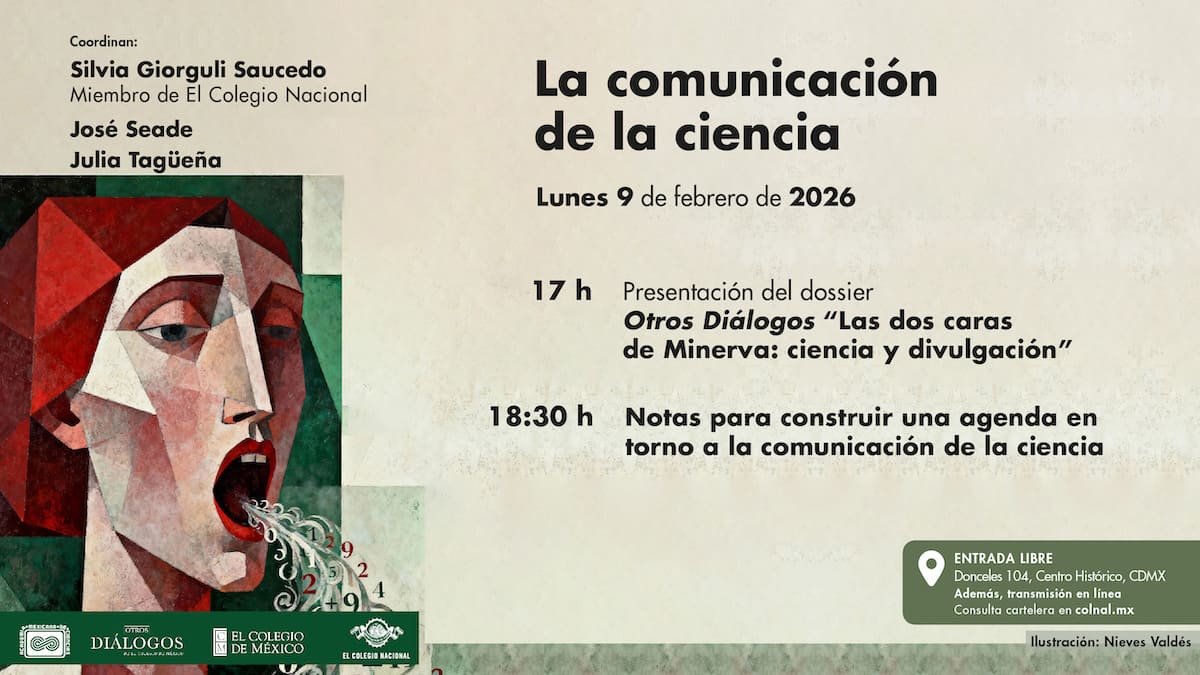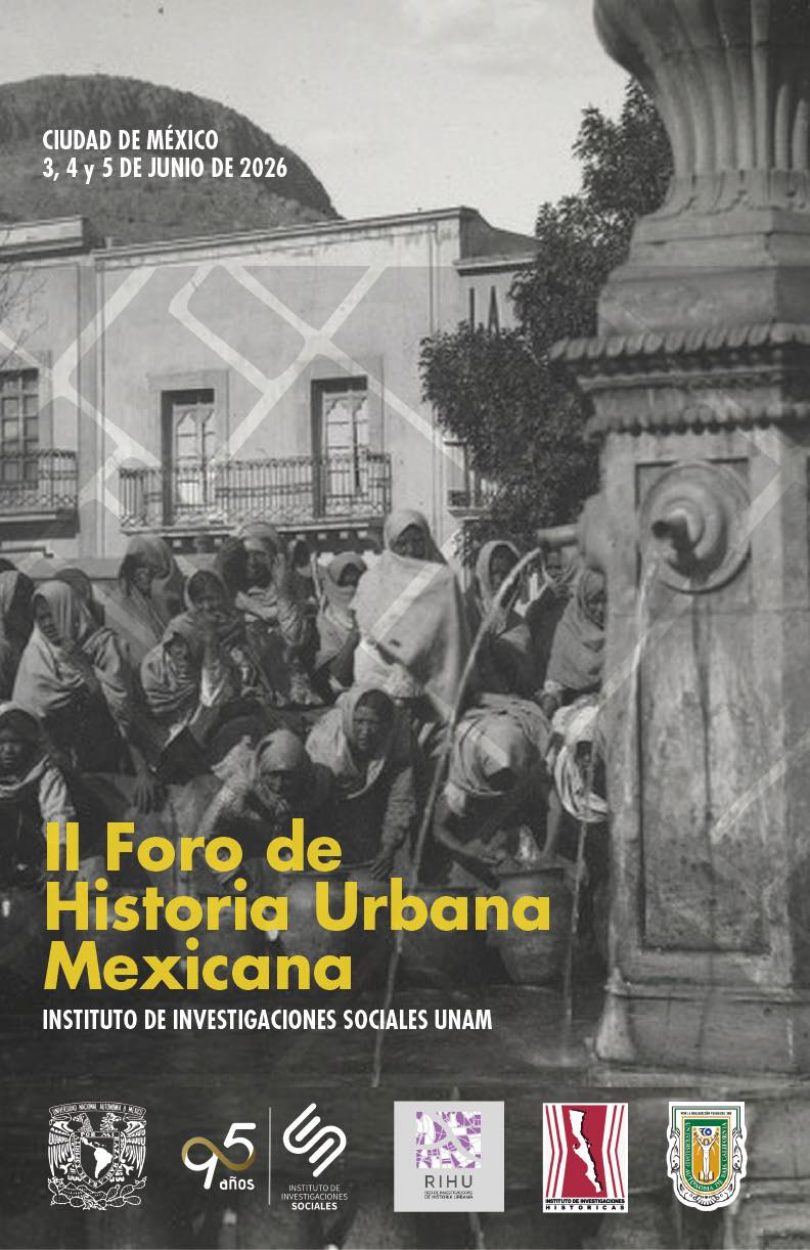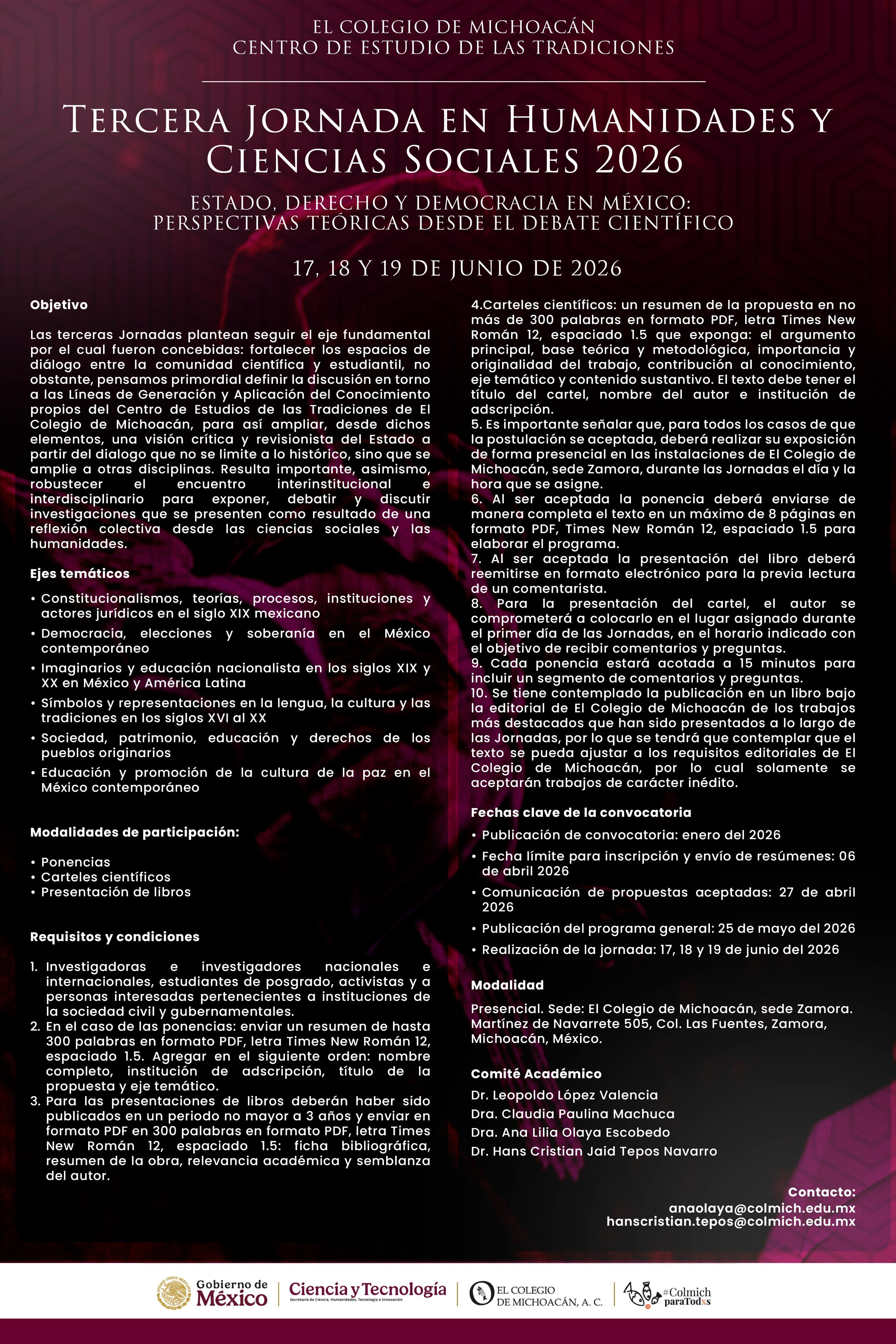Migrants’ skills wastage in the labor market
Call for Papers: Migrants’ skills wastage in the labor market: a multidisciplinary approach for policy formation
The topic of migrants’ skills wastage has generated a sizable but scattered body of research spanning economics, demography, sociology, law, and other social sciences over the past few years (Griesshaber and Seibel 2015; Flisi et al. 2017; Leuven and Oosterbek 2011; Pecoraro 2014; Capsada-Munsech 2017; Klink 2008; Zhou et al. 2016). While the topic is interdisciplinary by nature, recent work has been disciplinary, generating field-specific hypotheses, data, methods and applications, to the detriment of interdisciplinary links and policy debate. The risk of continuing on the current trend is that specialist disciplinary lines will not only progressively depleting the benefit of informing and generating new knowledge by studying an effectively interdisciplinary phenomenon but generate policy recommendations that only cater for a partial aspect of the problem. In an extreme scenario, they risk becoming irrelevant.
The objective of this special issue is to produce a reference resource which consolidates the existing research body, summarises key insights across several disciplines, and provide a firm foundation for continued interdisciplinary dialogue aimed at unifying knowledge for policy debate and policy formulation.
Specifically with this call for papers, we seek to consolidate research findings from different disciplines on migrants’ skills wastage. This includes the study of topics such as over-education, the international transferability of human capital, statistical or outright discrimination in the labour market and within firms, migration policy, and methodological approaches addressing the self-selection that characterises the choice to migrate and enter the labour market of the host country.
At the same time, we seek novel approaches that unite different perspectives and allow a continuation of interdisciplinary research on the topic, with the objective of providing clear information for policy use. Examples could include, but no be limited to, topics such as the spatial dimensions associated with the under-use of human capital, inter-generational and household effects of experiencing skills under-use (especially educational choices of children whose parents experience skills mismatches), the development of new databases, methodologies or variables, and migration policy considerations from both sending and receiving countries with across regions within a country.
Submission portal: www.editorialmanager.com/soci
Submission deadline: July 31, 2022
Te puede interesar
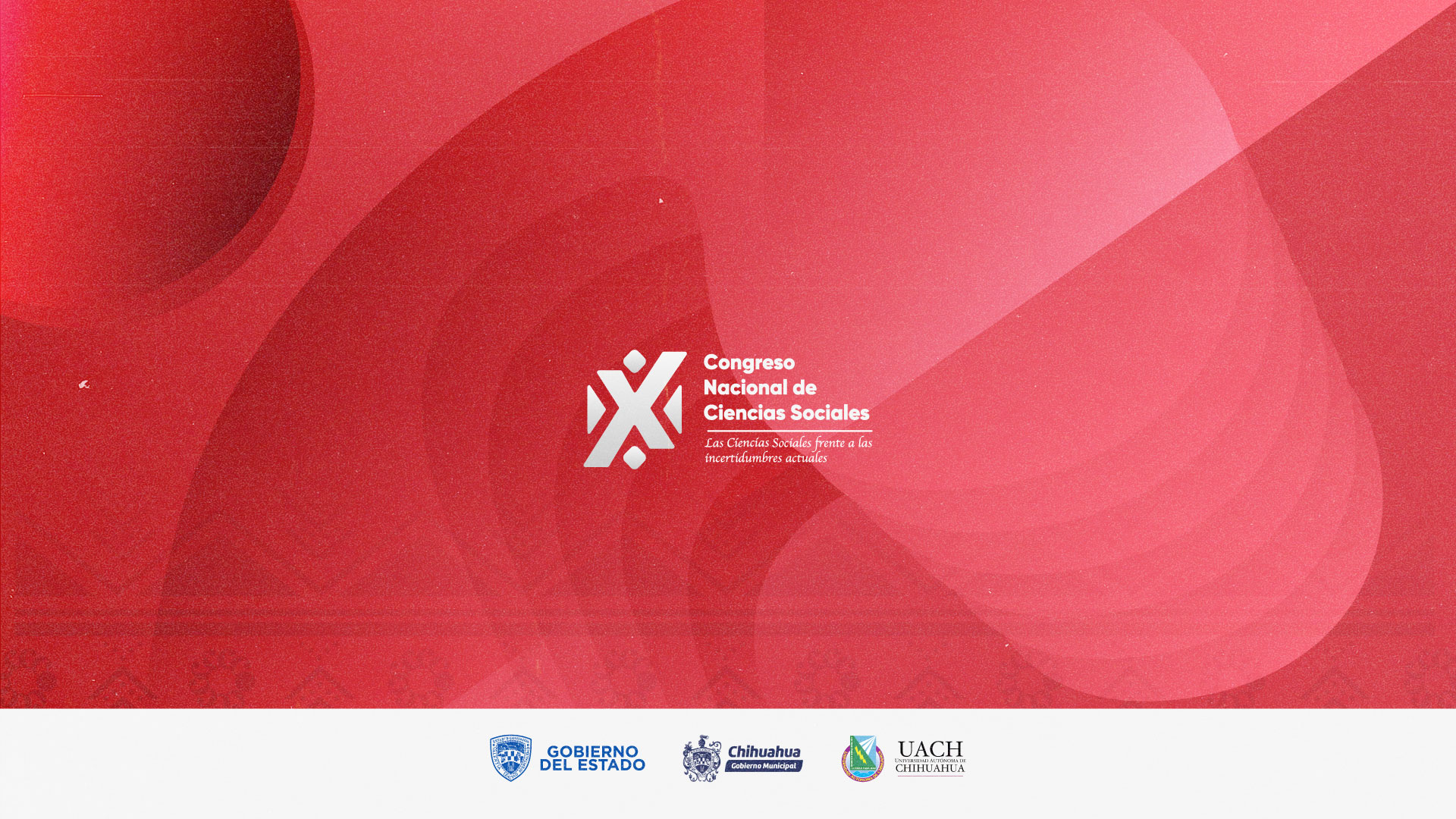
Hoteles con convenio | X Congreso Nacional de Ciencias Sociales
Laura Gutiérrez - Ene 28, 2026X Congreso Nacional de Ciencias Sociales Las Ciencias Sociales frente a las incertidumbres actuales del 23 al 27 de marzo…

Convocatoria Feria del libro
Laura Gutiérrez - Ene 07, 2026FERIA DEL LIBRO X CONGRESO NACIONAL DE CIENCIAS SOCIALES “Las Ciencias Sociales frente a las incertidumbres actuales” INVITACIÓN Información general…

Memorias del IX Congreso Nacional de Ciencias Sociales
Roberto Holguín Carrillo - Jul 02, 2025IX Congreso Nacional de Ciencias Sociales Las ciencias sociales y los retos para la democracia mexicana. Realizado en el Instituto…
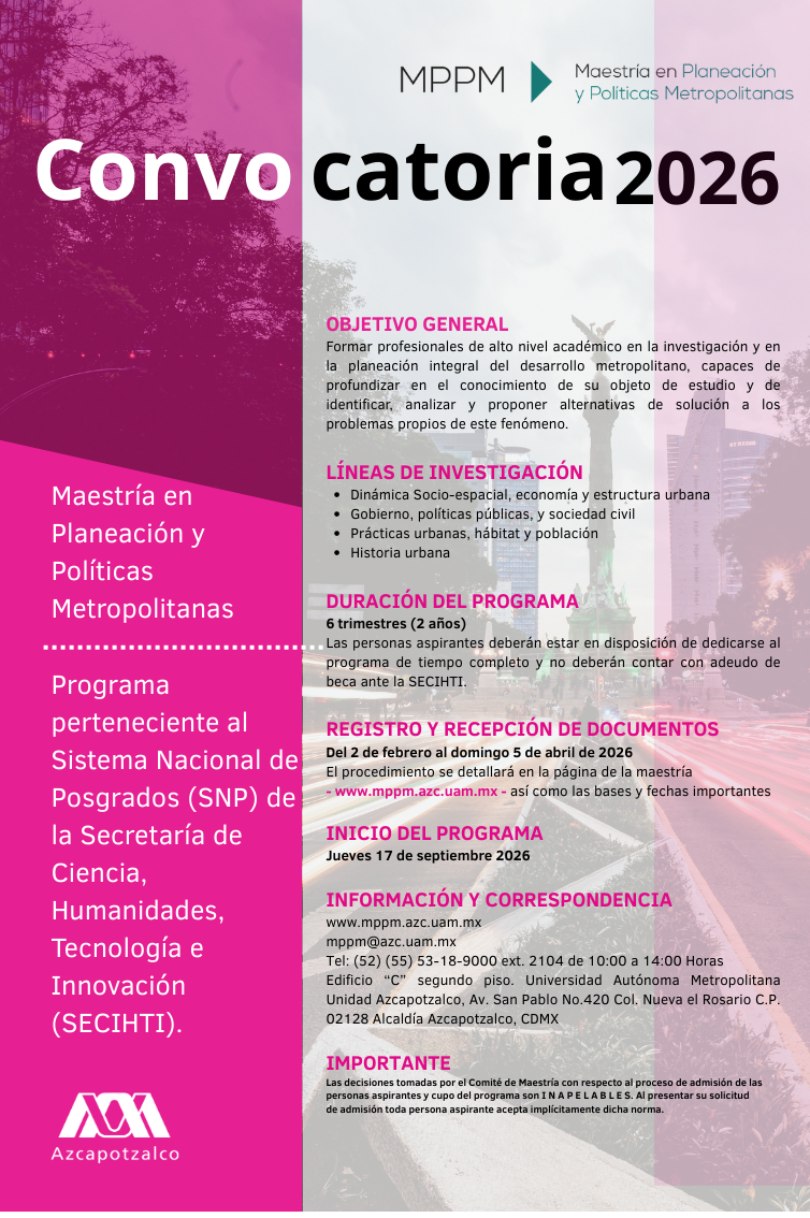
Maestría en Planeación y Políticas Metropolitanas
Laura Gutiérrez - Ene 29, 2026Universidad Autónoma Metropolitana, Unidad Azcapotzalco División de Ciencias Sociales y Humanidades Maestría en Planeación y Políticas Metropolitanas Convocatoria 2026 (Generación…
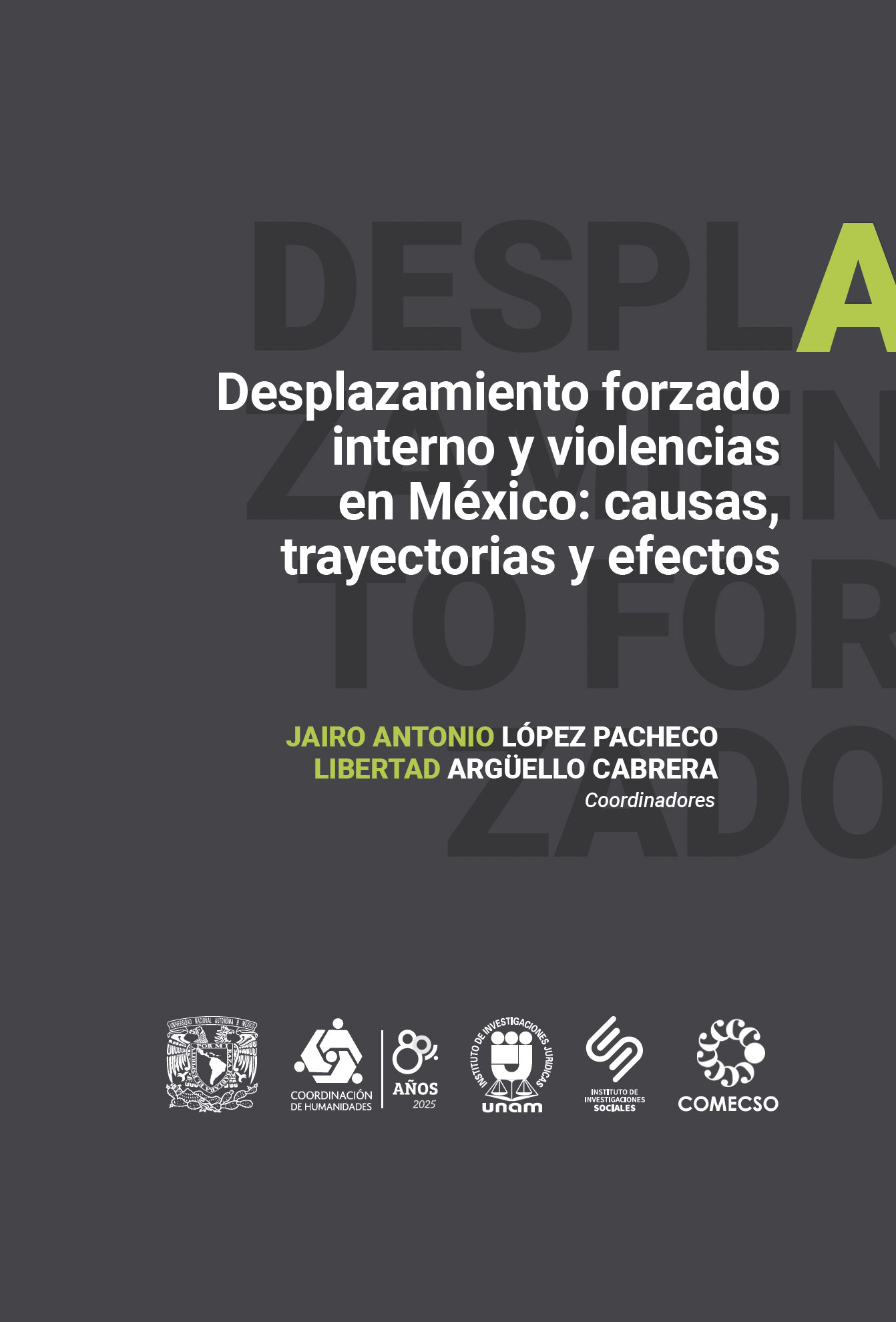
Desplazamiento forzado interno y violencias en México
comecso - Ene 28, 2026Desplazamiento forzado interno y violencias en México: causas, trayectorias y efectos Jairo Antonio López Pacheco y Libertad Argüello Cabrera Cooridnadores…
